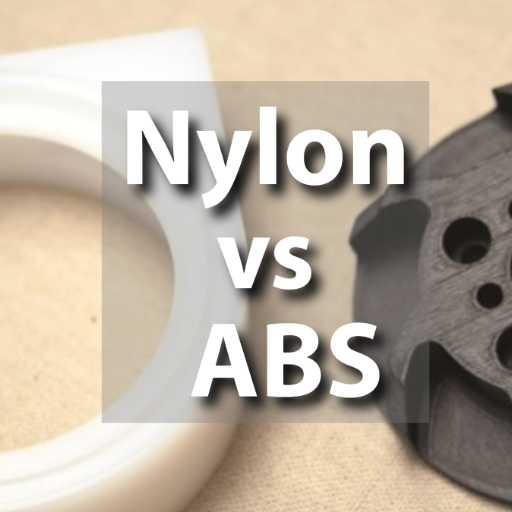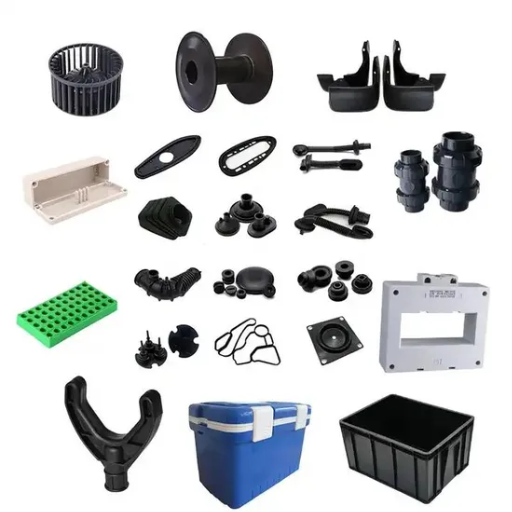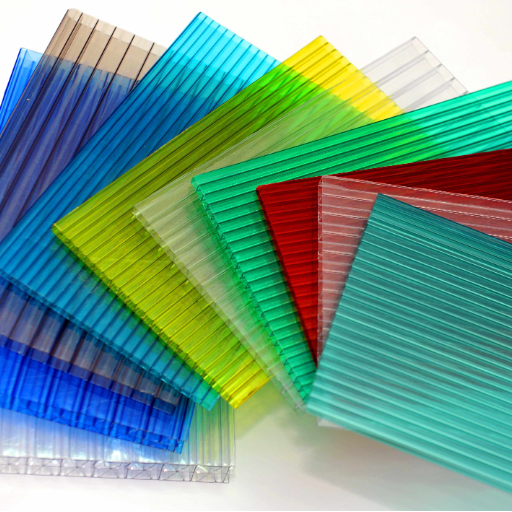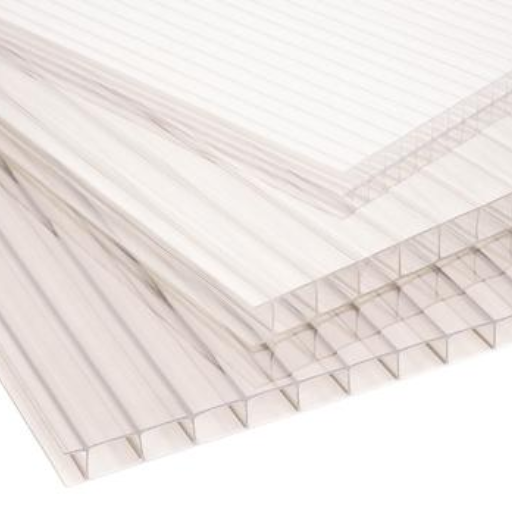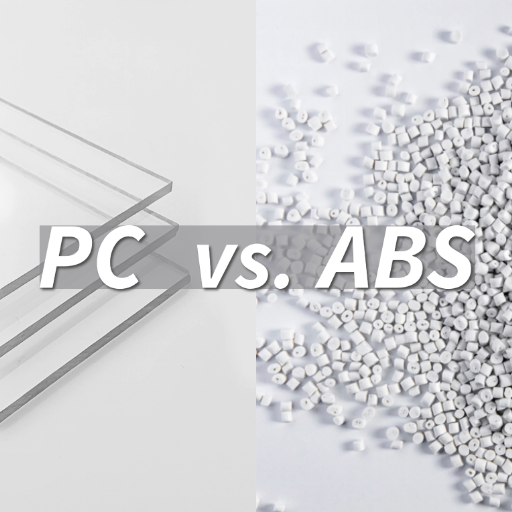
Polycarbonate Pellets Suppliers
Suzhou Yifuhui supplies high-quality polycarbonate Pellets for various industries.
Polycarbonate pellets are a versatile material trusted across industries for their superior impact resistance, optical clarity, and thermal stability. Known for their lightweight yet durable nature, these pellets are widely used in sectors like automotive, construction, and electronics to produce components that demand precision and long-lasting performance. Whether it’s transparent panels, safety equipment, or electrical housings, We provide high-quality polycarbonate pellets offer exceptional reliability and adaptability for diverse manufacturing needs.
- Quality Assurance
- Trusted Solutions
- Acceptable prices
- Global Delivery
Home » Polycarbonate
-
Key Feature of Polycarbonate Pellets
Get Your Polycarbonate Pellets Here!
Polycarbonate pellets are the cornerstone of many high-performance products, valued for their exceptional impact resistance, clarity, and thermal stability. These versatile pellets are lightweight yet robust, making them ideal for industries like automotive, construction, and electronics. Key features include outstanding toughness, excellent dimensional stability, and resistance to both heat and UV radiation. Whether you’re creating safety equipment, transparent panels, or electrical housings, polycarbonate granule provide unmatched durability and adaptability, enabling precise, reliable manufacturing results.
Interested in learning how these features can benefit your business? Click to request a demo or share the product’s advantages with your team. For tailored solutions, fill out a form to discuss your specific needs, or contact customer service for expert guidance.


-
Polycarbonate Pellets: Uses in Various Industries
Discover the Versatility of Polycarbonate Pellets in Various Industries
Polycarbonate pellets are a go-to material across multiple industries thanks to their unique combination of strength, transparency, and thermal stability. These versatile pellets are widely utilized in the automotive sector for lightweight yet impact-resistant components, in electronics for durable and heat-resistant casings, and in construction for transparent roofing and glazing solutions. Their adaptability also extends to medical devices, optical lenses, and 3D printing applications, where precision and performance are critical. The ability to withstand extreme conditions makes polycarbonate granule indispensable for modern manufacturing.
Curious about how these pellets can elevate your projects? Explore more use cases across industries, share this information with your colleagues, or fill out a form to discuss tailored applications for your business. Want to see the material in action? Request a demo today.
Polycarbonate Pellets For Sale

Polycarbonate Pellets For Injection Molding
Polycarbonate pellets are a cornerstone material in injection molding, offering unmatched durability, impact resistance, and optical clarity. These versatile granules are engineered to withstand extreme conditions, with a polycarbonate temperature rating that high temperatures even in demanding environments. This makes them ideal for applications across automotive, electronics, and construction industries. Their ability to produce lightweight yet robust components ensures consistent performance and precision, whether you’re crafting intricate casings, protective panels, or transparent elements. Polycarbonate granules manufacturers gain the flexibility to meet demanding design and functional requirements while maintaining thermal stability critical for advanced applications.

Polycarbonate Pellets For 3D Printing
Polycarbonate pellets have revolutionized the 3D printing industry with their unparalleled strength, thermal stability, and exceptional transparency. These high-performance pellets are ideal for creating durable, heat-resistant parts with intricate designs and precise dimensions. Thanks to their superior toughness and adaptability, polycarbonate granule are a go-to material for manufacturing components used in automotive, aerospace, and industrial applications. Their lightweight yet robust properties ensure long-lasting reliability, even in demanding environments.

Polycarbonate Pellets Virgin Granules
Polycarbonate virgin pellets represent the pinnacle of quality and performance in industrial materials. Made from 100% pure polycarbonate resin; these pellets ensure optimal strength, clarity, and heat resistance. Engineered for precision and reliability, virgin polycarbonate granule are the perfect material. Whether you want to manufacture automotive parts, electronic housings, impact-resistant panels, etc., their unmatched durability and ability to maintain structural integrity under extreme conditions make them an indispensable material for demanding industries.

Polycarbonate Pellets Datenblatt
| Property | Test Method | Units | Value |
|---|---|---|---|
| Density | ISO 1183 | g/cm | 1.2 |
| Water absorption at saturation in air (23°C / 50% R.H.) | ISO 62 | % | 0.15 |
| Water absorption at saturation in water (23°C) | ISO 62 | % | 0.36 |
| Tensile stress at yield and break | ISO 527 | N/mm | 60 |
| Elongation at break | ISO 527 | % | 80 |
| Tensile modulus of elasticity | ISO 527 | N/mm | 2200 |
| Compression test (1% strain after 1,000 hrs) | ISO 899 | N/mm | 18 |
| Charpy impact strength (Notched) | ISO 179-1/1eU | KJ/mm | 40 (12) |
| Charpy impact strength (Unnotched) | ISO 179-1/1eA | KJ/mm | no break |
| Ball indentation hardness | ISO 2039 | N/mm | 110 |
| Shore hardness D | ISO 2039 | D | 70 (15) |
| Coefficient of friction to steel | ISO 8295 | - | 0.55 |
| Melting temperature | ISO 3156 | °C | 149 |
| Thermal conductivity at 23°C | ISO 22007.2 | W/(m·K) | 0.2 |
| Deformation temperature (HDT at 1.8 N/mm2) | ISO 75 | °C | 135 |
| Coefficient of linear thermal expansion (23 to 60°C) | ISO 11359 | m/(m·K) | 65 x 10⁻⁶ |
| Maximum allowable service temperature in air (Continuous) | ISO 75 | °C | 115 |
| Maximum allowable service temperature in air (Short periods) | ISO 75 | °C | 145 |
| Minimum service temperature | ISO 75 | °C | -60 |
| Flammability (Oxygen index) | ISO 4589 | % | 25 |
| Flammability according to UL 94 | UL 94 | - | HB |
| Dielectric constant | ISO 250 | - | 2.9 |
| Dielectric strength | ISO 243 | KV/mm | 30 |
| Volume resistivity | ISO 93 | Ω·cm | 10¹⁵ |
| Dissipation factor tan at 1 MHz | ISO 250 | - | 0.001 |
The information here offers a detailed summary of the physical, mechanical, thermal and electrical characteristics of polycarbonate that indicates its versatility for many applications.
Contact Us
We are available to assist with any queries that you may have regarding our plastics and polycarbonates.
Feel free to contact us through the contact form on our website or chat during business hours. Our foremost goal is to help you optimize your machine’s efficiency and reliability. We are excited about satisfying all your requirements.
Our customer service team works Monday to Friday, during regular working hours. We are looking forward to hearing from you!
Latest Articles ※
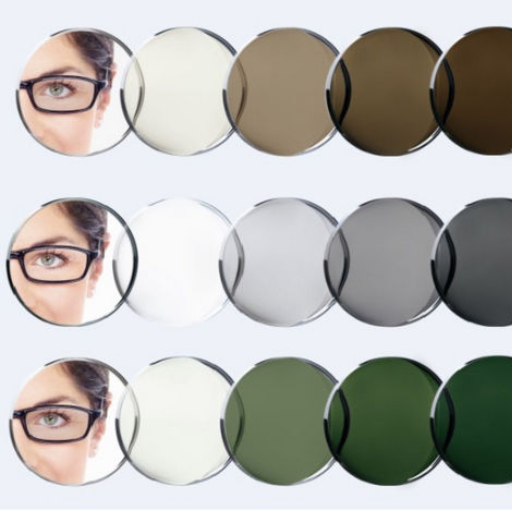
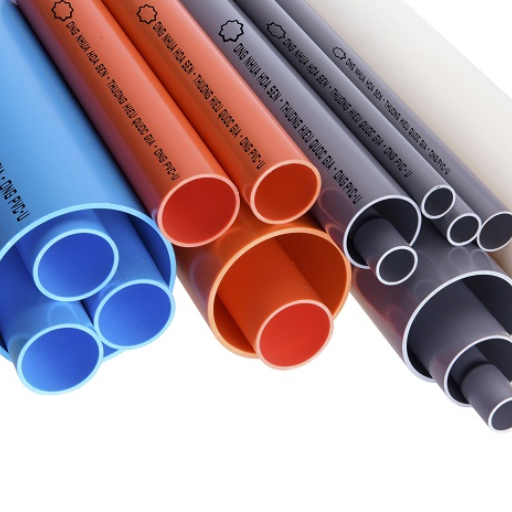
Related topics about Polycarbonate Pellets Service
Frequently Asked Questions about Polycarbonate
If you’re looking for detailed answers to your questions or if you need further clarification on product specifications, please feel free to explore our frequently asked questions section.
Q: What are the physical properties of polycarbonate?
A: Polycarbonate is an almost unbreakable thermoplastic with high impact strength and heat resistance. It is highly transparent and provides excellent optical clarity.
Q: How does polycarbonate compare to acrylic?
A: Polycarbonate is stronger and more impact-resistant than acrylic. While both are clear plastics, polycarbonate is often preferred in situations where durability and impact resistance are important.
Q: What are the main characteristics of polycarbonates?
A: Examples of these main characteristics include high impact strength, heat resistance, electrical insulation, and high transparency. Further, it is a scratch-proof and abrasion-proof thermoplastic polymer.
Q: What are the critical features of polycarbonate sheets?
A: These sheets are clear, shatterproof, and highly resistant to impacts. They can be easily used in many applications that require transparency plus longevity. There are different types of resistant polycarbonate sheets, such as general-purpose grade or an abrasion-resistant type.
Q: What are parts made from polycarbonate commonly used for?
A: Many things manufactured from this thermoplastic material include protective eye shields, machine covers, insulators for electric cables, bulletproof windows, etc. The superior qualities, such as high translucency scores and impact strengths that it commands, make it ideal specifically for these uses.
Q: Does polycarbonate come in grades?
A: Yes, there are various grades of PC for multiple applications. These grades range from general-purpose PCs to food-grade PCs and abrasion-resistant PCs, among others.
Q: Which chemical structures contribute to the synthesis of polycarbonates?
A:The production process involves polymerization involving carbonate groups in their chemical structure, leading to the formation of Polysulfone, which has an incredibly high impact strength and outstanding thermal and electrical properties.
Q: What are the advantages of using clear polycarbonate in construction?
A: In terms of use in construction, some benefits that can be derived from using transparent polycarbonates include high transparency, shatter resistance, excellent heat resistance, and high impact strengths. These attributes are suitable for skylights, roofs, and safety barriers.
Q: Can polycarbonate be used for food containers?
A: Yes, because it is durable, unbreakable even when subjected to extreme impacts, and see-through. Food-grade PC is one such form that is safe for food contact and is also resistant to scratching or wearing out.
Q: How does polycarbonate perform as an electrical insulator?
A: Polycarbonate is a very good electrical insulator suitable for use in different electronic or electric applications. It is a versatile material due to its combination of impact strength, heat resistance, and electrical insulation properties suitable for this category.






